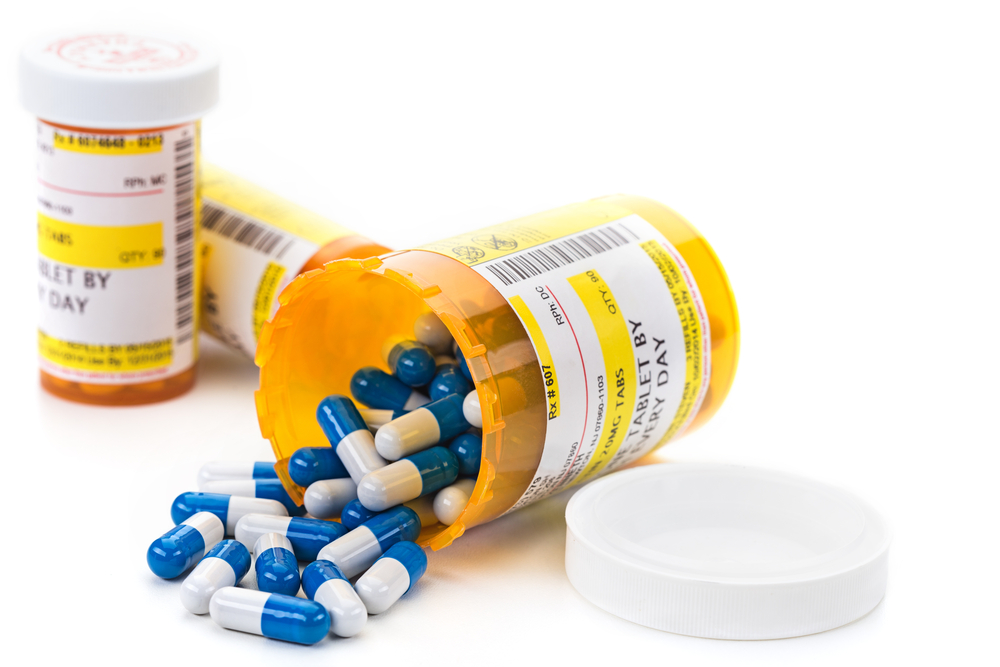Millions of Americans rely on prescription medications to relieve inflammation, manage medical symptoms, and function at their best. However, many prescription drugs have side effects that can impair certain physical and cognitive functions, including abilities that are necessary for safe driving.
When someone ignores the dangers of these side effects and gets behind the wheel of a vehicle, they put themselves and everyone else on the road at risk. Under Virginia law, a person can be charged with driving while intoxicated (DWI) if they are impaired by any substance that compromises their ability to operate a vehicle.
Unfortunately for the victims of prescription medication accidents, it can be difficult to show definitive proof that the other driver’s medication use was a contributing factor in the wreck. If you were injured in a Virginia prescription drug use accident, an attorney can help you hold the negligent driver accountable and seek compensation for your losses.
Dangers of Driving on Prescription Medication
Different medications can have a variety of different side effects, which can differ even further based on a drug’s dosage, interactions, and route of administration. However, certain side effects are particularly hazardous for drivers, such as:
Blurred vision
Some antibiotics, cholesterol medications, and corticosteroids that treat allergies or autoimmune conditions have side effects that can impair vision. Blurred vision can make it difficult for drivers to see traffic control devices, pedestrians, or even other vehicles.
Dizziness
Blood pressure medications, antidepressants, anticonvulsants, and sedative drugs can cause dizziness. In addition to being distracting, dizziness can lead to dangerous problems with depth perception.
Drowsiness
Drowsiness is a common side effect of sleep aids, muscle relaxants, antihistamines, and antidepressants. Behind the wheel, excessive fatigue can be just as hazardous as drunkenness or illegal drug impairment.
Impaired reaction time and judgment
Medications like opioid pain relievers, anti-anxiety drugs, and other drugs that slow down the central nervous system can dangerously decrease users’ reaction time and judgment, making it impossible to drive safely.
Nausea
Significant nausea can increase accident risk because it has the potential to distract drivers from the road. Many antibiotics, antidepressants, and anti-inflammatory drugs list nausea as a potential side effect.
Injuries Caused by Drivers under Prescription Medication
Crashes involving impaired drivers are frequently devastating, leaving victims with severe and life-changing injuries. Common injuries caused by accidents with medicated drivers include:
- Traumatic brain injuries
- Facial scarring and disfigurement
- Head and neck injuries
- Back and shoulder injuries
- Spinal cord injuries
- Knee and joint injuries
- Fractured or dislocated bones
- Soft tissue injuries
- Internal bleeding and organ damage
- Burns, cuts, and bruises
- Post-traumatic stress disorder
Proving a Driver Was on Medication at the Time of the Crash
Just because someone has a prescription for a legal drug does not give them the right to drive under the influence of that drug. However, prescription medication use also doesn’t automatically mean someone was guilty of DWI or at fault for a crash.
Establishing that a driver was medicated when the crash occurred and that the medication impaired their driving ability is much more of a challenge than proving someone was driving under the influence of alcohol. There is no standard field sobriety test or chemical test for most prescription drugs, and even definitive evidence of drugs in someone’s system doesn’t necessarily prove they were impaired at the time.
As a result, victims are often forced to rely on circumstantial evidence in medication-impaired accident cases. Examples of circumstantial evidence include police reports, eyewitness accounts, and testimony from medical experts.
Compensation for Medicated Driving Accidents
If you file a successful civil claim against a medication-impaired driver, you could obtain compensation for financial and personal losses related to the accident. This could include money to reimburse you for:
- Past and future medical expenses related to the accident
- Lost wages from missed time at work
- Lost future earning potential, if you suffer long-term disability
- Repair or replacement costs for damage to your vehicle
- Pain, suffering, and losses in quality of life
How a Virginia Beach Car Accident Lawyer Can Help
Mike Deering has more than a decade of experience serving injured clients throughout Virginia Beach and surrounding Virginia. Mike can support your medication accident case by preserving critical evidence, managing every detail of your claim, and negotiating relentlessly to maximize your compensation.
To discuss the details of your case with a dedicated Virginia Beach personal injury attorney, contact Deering Hedrick to begin your personalized consultation. Call us at 757-383-6848 or contact us online.








